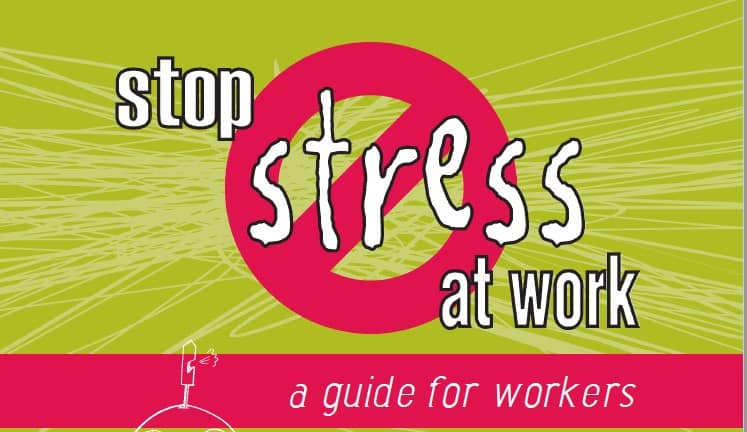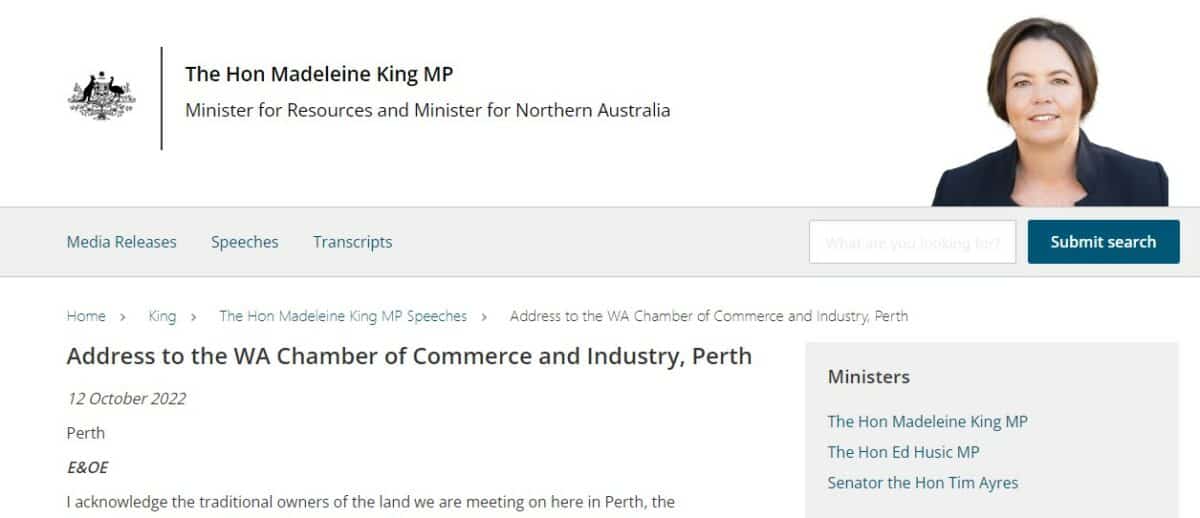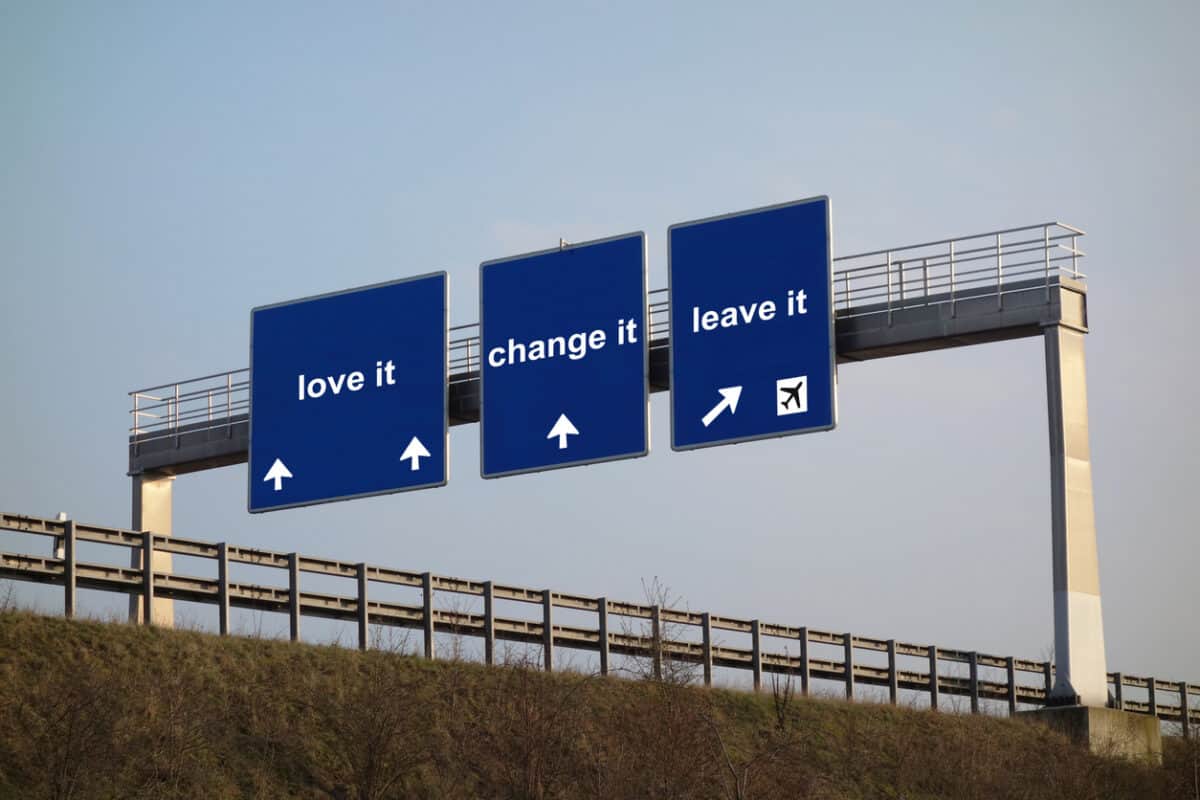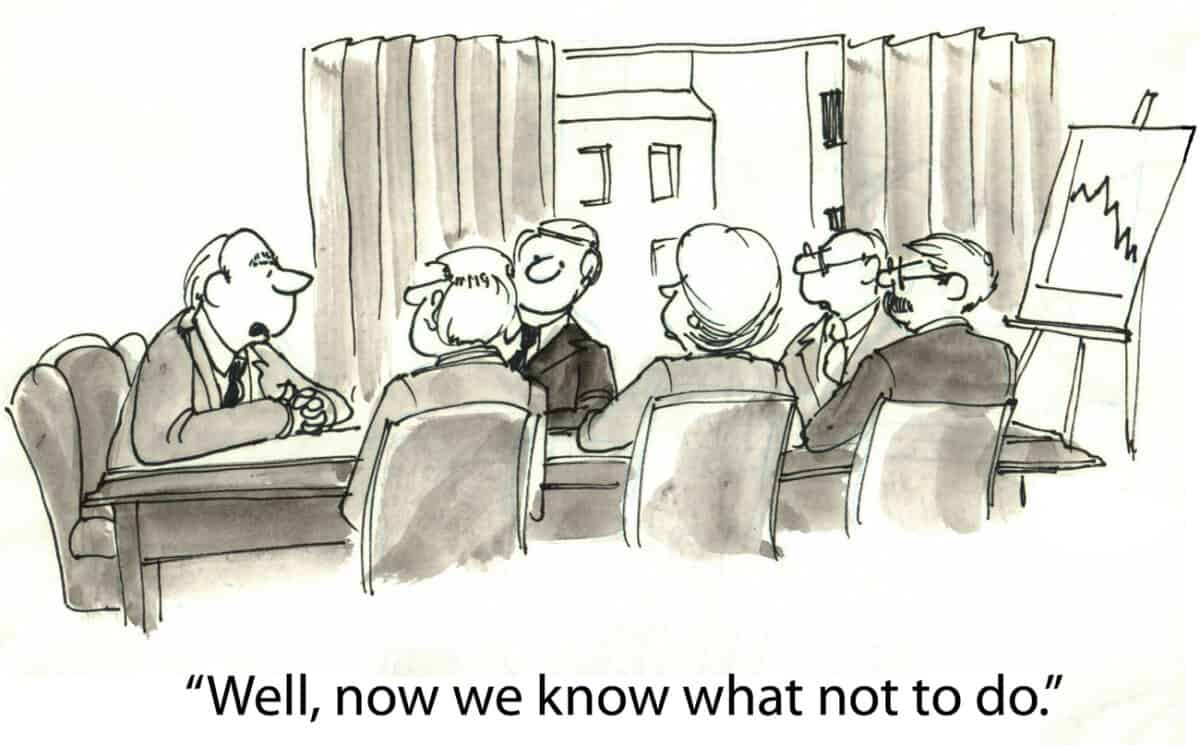Australia’s trade union movement has long been active on the issue of workplace psychological harm. Its 1997 Stress At Work survey of members led directly to the creation of workplace bullying and occupational violence guidance in Victoria and elsewhere. Over 20 years later, the Australian Council of Trade Unions (ACTU) undertook another survey of its members (not publicly available), again on mental health at work.
Category: harassment
Minister could have spoken stronger on OHS at a business event
Recently Australia’s Minister for Resources, Madeleine King, spoke at an event hosted by the Western Australian Chamber of Commerce and Industry. The speech aimed to reassure the State’s mining sector to not feel threatened by the new Australian Labor Party government. However, her words about sexual harassment were a little odd.
According to the publicly released speech, King said this on the issue of the labour shortage in mining and resources:
Who is responsible for Burnout? And for preventing it?
I apologise for often referring readers to paywalled content. This restriction can affect the impact and flow of a story, but I want readers to be able to verify the sources of my comments and my information. And I acknowledge that this blog, for many, is an example of the economic reality of paywalled content.
However, there was an article in The Guardian on October 11, 2022, about burnout that is well worth reading (You may be able to get short-term access). Below are some extracts from that article with my thoughts.
The Guardian article “‘I didn’t see how I could ever get back to a normal life’: how burnout broke Britain – and how it can recover” by Gaby Hinsliff,, recounts several cases of burnout and near-burnout that are typical of responses to work-related mental ill-health.
Resilience training is not dead, but it is coughing up blood
[This article was submitted to The Age (and elsewhere) as a soft counter to so many workplace articles about health and safety that never include content from an occupational health and safety (OHS) specialist. It was never used, even though rewrites were requested.
So it gets used here and in support of this curious month of October where, in Australia, there are two separate monthly themes – Mental Health and Work Health and Safety. That these themes continue to be separate says heaps about the culture in each of these sectors]
Australian jurisdictions are amending their workplace health and safety (WHS) legislation to specify that the unavoidable duties and obligations of employers must now include the psychological health of their workers and not just physical health. These reasonable and long overdue moves are manifesting in new laws, and new guidances supported by new International Management Standards. The kicker in these changes is that, at least in Victoria, employers will no longer be able to rely solely on awareness training or resilience training to manage workplace mental health. This position could, and should, challenge traditional mental health trainers and lobbyists to recalibrate their workplace strategies.
Continue reading “Resilience training is not dead, but it is coughing up blood”Australia’s mental health industry is in transition
Dr Ian Hickie is a well-respected and knowledgeable advocate of mental health. His CV shows extensive experience in this area since the 1980s. Recently Dr Hickie spoke to the Australian Financial Review about EY’s announcement of a review into its workplace culture following the death by suicide of one of EY’s employees at their offices. The article (paywalled) seems to show a change in traditional approaches to mental health in workplaces, but the change needs to be much more significant and broader.
Australia’s mining sector can avoid becoming the next institutional pariah
Around a decade ago, parts of the Australian rail construction industry introduced the Pegasus Card. The intent was to have a single portal through which a worker’s competencies and eligibility to work could be verified. It evolved into the Rail Industry Worker Card in existence today. Pegasus remains in parts of the mining sector.
I was reminded of the Pegasus Card when I read the recent West Australian report into sexual harassment in the mining sector, Enough is Enough. One of its recommendations, Number 3, was that:
“The industry must explore ways to prevent perpetrators of serious sexual harassment simply finding reemployment on other sites and in other companies. This should involve:
– thorough exploration of an industry-wide workers’ register or other mechanism such as industry-wide accreditation, taking into account natural justice considerations and perhaps modelled on the Working With Children Card;…..
“industry-wide workers’ register”? Isn’t that what the Pegasus card helps to manage?
Workplace suicide at one of the “Big 4” consulting firms
Warning: this article discusses suicide
Discussions about workplace mental health are everywhere, including this blog, but workplace suicides are less discussed, even though there is a direct connection between the two themes. This is due to the continuing stigmatisation of suicide, legal caution, reputational preservation and other factors. It is difficult to write about but necessary to do so.
Recently an EY (formerly Ernst Young) employee died at work after a work function. Some media has reported on this tragic incident, but EY has been under media scrutiny for some time about its workplace culture.
Continue reading “Workplace suicide at one of the “Big 4” consulting firms”






